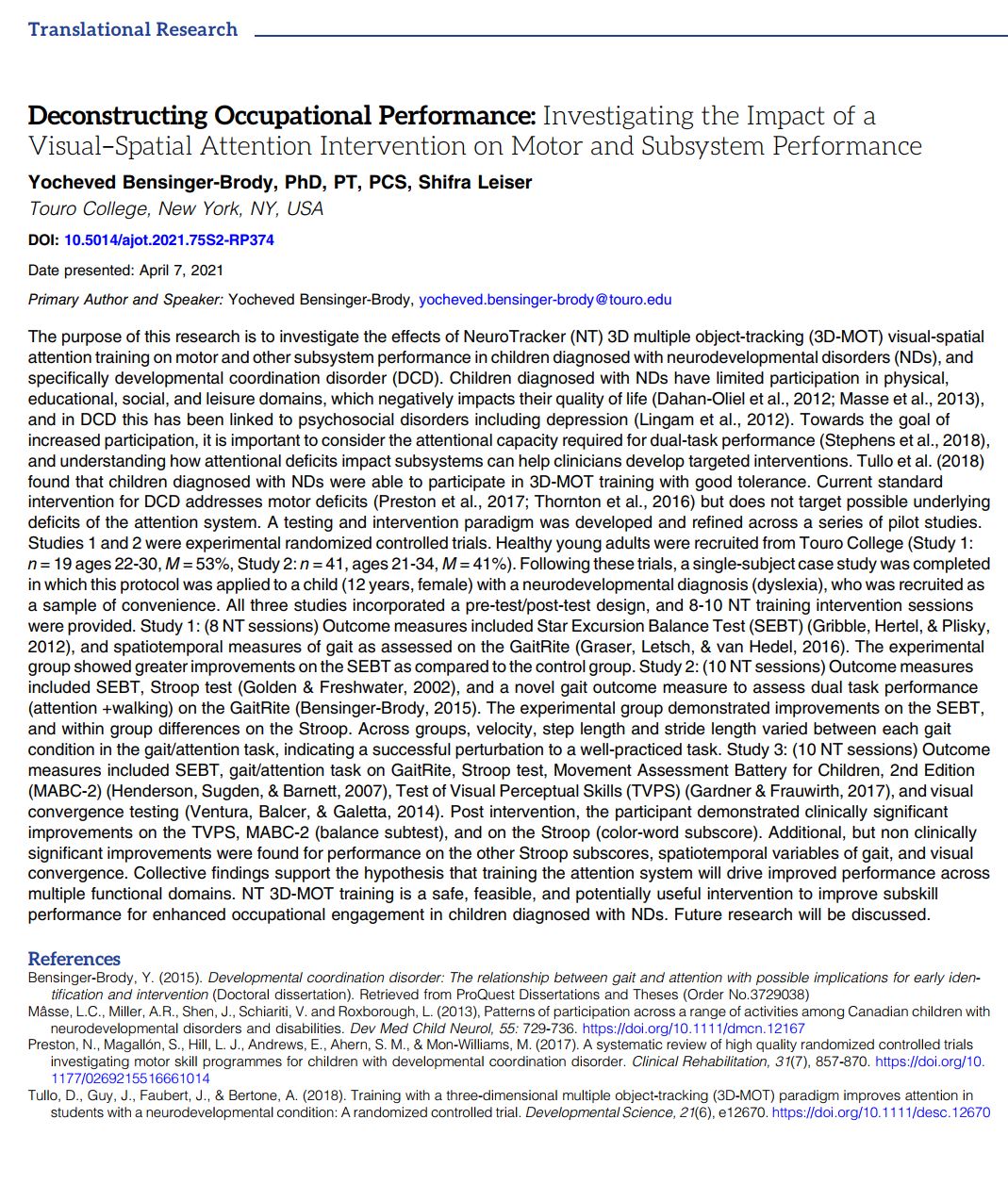Welcome to the Research and Strategy Services at in today's fast-paced.


Our gut is home to trillions of beneficial bacteria, often referred to as the gut microbiome. Few people are aware that 70-80% of immune cells in the human body reside in the gut, providing your body’s first line of defense against pathogens. For this reason it plays a key role not just in our digestion, but also in our overall health and even psychological wellbeing. It's about more than simply what you eat - checkout our 5 different tips to look after your gut this winter.

Prebiotics are substances that feed our gut in ways that allow healthy bacteria to thrive, and even synthesize essential vitamins for our daily needs. They are also essential for digestion, immunity, and absorbing vitamins.
As a simple rule of thumb eating a wide variety of fruits and vegetables is key. These provide a healthy dose of vitamins, minerals, and phytochemicals, as well delivering fiber which essentially help fuel gut bacteria.
Nuts, seeds, and legumes are likewise helpful ingredients in your diet and an excellent source of protein and fiber. Cashews, walnuts, pumpkin seeds, lentils, and red kidney beans are good examples of foods to snack on or add into meals.
When it comes to carbs, whole grains are the way to go. Again they are a great source of dietary fiber, plus they have a much lower glycemic load which avoids insulin spikes and cravings for quick calories. Barley, brown rice, bulgur, millet, oats, quinoa, whole wheat breads and natural cereals are all good examples of whole grain foods.
Buying natural and whole foods will help promote a diverse microbiome, which in turn will help support your immune system through winter.

One of the easiest ways to directly support the gut microbiome is to include foods naturally rich in probiotics, which basically tops up your gut with good live bacteria.
Foods like sauerkraut, kimchi, miso, kombucha, traditional cheeses, live yoghurt and kefir all contain good live bacteria. Consuming a mix of these each week or month will help your gut expand its bacterial diversity, which aids with a more robust microbiome overall.
In addition, garlic has particular benefits because contains a rarer type of prebiotic as well as providing allicin and other nutrients shown to enhance the immune system.
An additional option for convenience to take a daily probiotic tablet. Multi-strain bacteria are the best type. This method can be an especially helpful if taking a course of antibiotics, as these also tend to kill off good bacteria alongside infections, and tablet probiotics are a quick way to aid microbiome recovery.

Processed foods disturb the lining of the GI tract, they have low-fiber content which can lead to constipation, as well as aggravate existing GI symptoms. They are more likely to contain harmful trans fats, increasing bad (LDL) cholesterol levels in the body and gut inflammation.
They tend to be very high in calories and refined sugars, being a major contribution to diabetes risks. Furthermore, they are often rich in artificial ingredients for sweetening, food coloring and flavoring, typically associated with harmful effects on the body.

Vitamin D is the body’s most important vitamin, with lack of it being associated with numerous serious diseases. In countries like the UK, the national health service recommends supplementing with vitamin D, as most people fall below the recommended levels.
On the positive side vitamin D supports gut health by strengthening the gut barrier and reducing git inflammation. It is also found on most cells of the immune system.
Fish is generally the best way to consume a high dietary source of vitamin D. However, sunlight is the most common way our body can harvest vitamin D, as our skin can synthesize it and even build up surplus store for later use.
In countries where sunlight drops through the winter, taking a holiday to warmer climes is great way to top up for a month or two. But even just 10-15 minutes of sun exposure per day can provide levels equivalent to a diet high in fish. In order to active vitamin synthesis a minimum angle of sunlight is required, as a rough guide your shadow needs to be shorter than your height, so choosing midday for a short stroll during winter months is a good idea.

The gut-brain axis is a two-way system where the gut influences the brain and vice versa, so the state of your mind can have a direct effect on the condition of your gut microbiome. Accumulative mental stress weakens the immune system, sometimes causing inflammatory conditions.
As such, relaxation time can help your overall gut health and immunity. Relaxation exercises like meditation and deep breathing are well known to keep your mind calm even in short daily doses.
Disturbed sleep and short sleep duration are both associated with imbalanced gut microbes. Similarly, growing evidence suggests our gut microbes can affect the quality of our sleep. Quality sleep in winter can increase energy levels, improve mood and reduce stress.
As the daylight levels change it is generally good practice a follow a consistent bedtime routine, avoid late night screen exposure, and to get outside as much as possible during the day to keep your circadian rhythm balanced.








Welcome to the Research and Strategy Services at in today's fast-paced.

If your thinking feels slower than usual, it doesn’t automatically mean something is wrong. This guide explains common short-term causes, normal cognitive variability, and how to interpret changes calmly over time.

Many professional roles require cognitive performance to be sustained over long periods rather than demonstrated briefly. This article explains how sustained cognitive load shapes performance in knowledge-work and monitoring environments.

An overview of the important interpretational difference between temporary changes in brain state, and durably lasting changes in cognitive capacities.
.png)